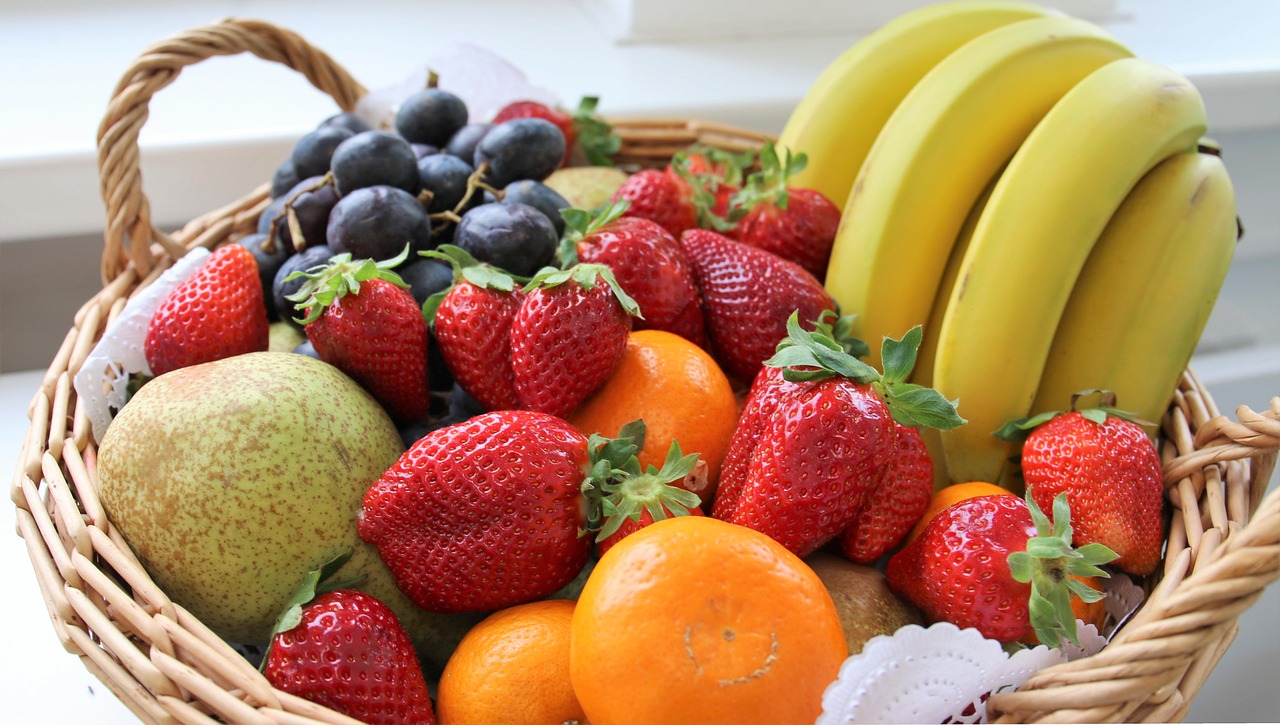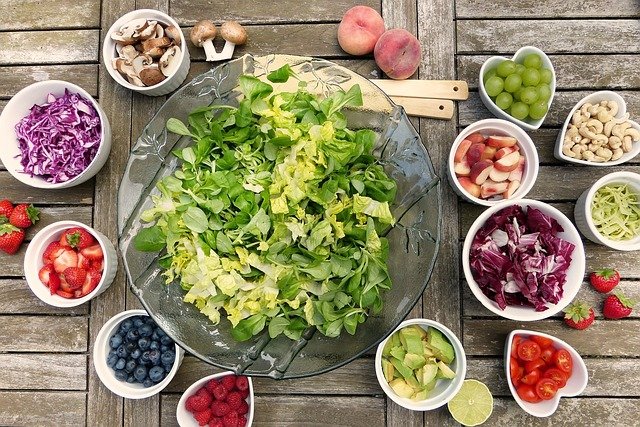
Boosting Your Memory – Can Flavonoids Prevent Forgetfulness?
A healthy diet should be like a rainbow, consisting of various fruits and vegetables such as red strawberries, green spinach leaves, yellow peppers, which give you all the nutrition for day-to-day activities.
But did you ever wonder where these colors come from?
The colors of your fruits and vegetables often come from potent phytochemicals (chemicals found in plants) called as flavonoids. Now a large study from Harvard published in the journal Neurology (July issue) states that flavonoids may play a role in protecting cognition too.
The Study
Scientists evaluated collected 20 years self-reported diet data and health information for over 77,000 middle-aged men and women. The data included the frequency of participants having flavonoid-rich foods and reporting cognition related changes in their 70s, such as difficulties faced in:
- Understanding instructions
- Finding routes around familiar streets
- Following a TV show plot, or group conversation
- Remembering short lists of items (groceries list), or events that occurred recently
- Remembering things one after the other, over a span of few seconds
The study included six classes of flavonoids for calculating the participant’s cognitive ability:
- Flavones (e.g., luteolin found in green chile peppers or celery)
- Flavanones (e.g., naringenin found in grapefruits or oranges)
- Flavonols (e.g., quercetin found in onions and kale)
- Anthocyanins (e.g., cyanidin found in blackberries and red cabbage)
- Polymers (e.g., theaflavins found in black tea)
- Flavan-3-ol monomers (e.g., catechins found in red wine and strawberries)
Study Observations
Cognitive functioning is significantly affected by factors such as weight, age, physical fitness, intake of non-flavonoid nutrients, depression and alcohol intake.
The research concluded that people with the highest flavonoid intake in their diets had 19 % less chances of developing troubles like memory loss and thinking difficulty as compared to those with the lowest consumers of flavonoids.
Dr. Walter Willet, study author and professor of epidemiology at Harvard T.H. Chan School of Public Health said that the results are exciting as they show that people with high intake of flavonoids prevented or slowed down decline in memory and other cognitive facilities in elderly.
Earlier consumption of flavonoid-rich foods showed a protective effect on the brain. Lead author Dr. Tian-Shin said that even people who began consuming flavonoids late in life noticed their benefits.
However, the study was conducted as an observational study. It relied on people remembering their diets and cognition changes, and the proof was not conclusive that flavonoids can keep older people sharp.
However, there is a link between flavonoid consumption and cognitive health benefits seen even in smaller or shorter-term studies.
Flavonoids Superfoods
Certain flavonoids have shown protective effects on the brain by lowering self-reported cognitive decline as follows:
- Anthocyanins by 24%
- Flavones by 38%
- Flavanones by 36 %

The vegetables and fruits associated with maximum improvement in cognitive functioning listed from highly effective to moderately effective are:
- Brussel Sprouts
- Strawberries
- Cauliflower
- Raw Spinach
- Sweet potatoes
- Blueberries
- Orange winter squash
- Cooked spinach
- Cooked carrots
- Peaches, plums and apricots
- Tomato juice
- Green, yellow and red bell peppers
- Broccoli
- Cabbage
- Tomato sauce
- Lettuce
- Tomatoes
- Celery
- Beets
Other beneficial foods were potatoes, onions, apples, pears, bananas, grape, raisins, tea, white wine, raw carrots and red wine.
What Is The Magic Content in Flavonoids?
Flavonoid activity for protecting cognitive functions are still in research. t However studies have shown that flavonoids are potent antioxidants that can prevent inflammation and accumulation of amyloid, a characteristic feature of Alzheimer’s disease.
Antioxidants also play a significant role in the following situations:
- Treat inflammation and prevent tumour growth
- Lowers blood pressure by maintaining the health of blood vessels
- Antioxidants increase the production of brain-derived neurotrophic factors, which are nothing but chemicals that help in brain repair, strengthen the connection of nerve cells and promote growth of new brain cells, and enlarges the size of the hippocampus (a part of the brain that aids memory storage and retrieval)
Flavonoid Goals To Work On
Flavonoids have shown so many potential benefits. So what is the right amount of flavonoids you should include in your diet?
In the study, flavonoid diet intake ranged from as low as 150 milligrams (mg) per day to as high as 620 mg per day. However, keeping track of flavonoid consumption can be tricky as it varies significantly between foods. For example, half a cup of peppers contains about 5 mg of flavones, and a half cup of blueberries contains 165 mg of anthocyanins.
So for starters, start having differently coloured fruits and vegetables in your regular diet. The earlier you start, the better the results will be.
Based on recent evidence, the most effective combination is including two servings of fruits and three servings of vegetables per day. You can also try to reach a goal as a five-a-day fruit/vegetable.
This goal will help you enjoy all the good fruits like blueberries, apples, strawberries, bananas, and oranges which are potentially helpful for your brain.
Dr. Deborah Blacker, study co-author and professor and deputy chair of epidemiology at the Harvard T.H. Chan School of Public Health concluded that this diet can be called as ‘eating the rainbow’.
So the rainbow diet is a healthy as well as a delicious diet, for a healthier and maybe sharper you even when you are 70!

Dr Vivek Baliga is a medical practitioner and the director of a diagnostic center – Baliga Diagnostics – in Bangalore. He specializes in diabetes and heart disease, and is a visiting consultant in Internal Medicine at corporate hospitals. He is married and has one son.
